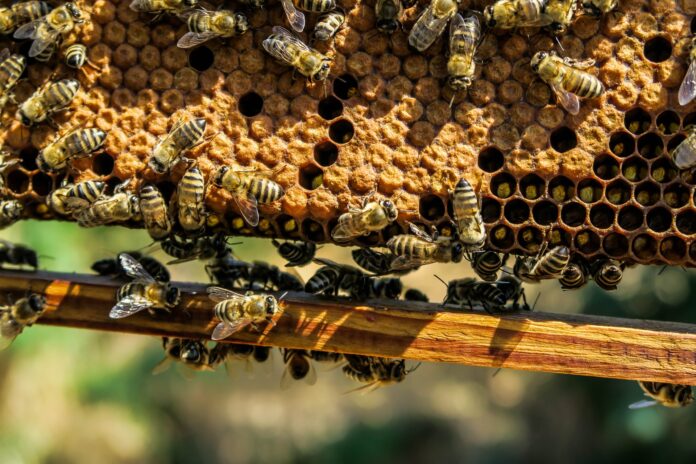Beekeeping: Exploring the Opportunities and Products of Apiculture
Apiculture, the practice of beekeeping, has been around for thousands of years, providing humans with a source of honey, wax, and other valuable products. Today, apiculture presents a wide range of opportunities, from small-scale hobbyist beekeepers to large commercial operations. In this article, we will explore the various products that can be produced from apiculture and the opportunities they present.
Honey
Perhaps the most well-known product of beekeeping is honey. This sweet, viscous substance is made by honeybees from the nectar of flowers. It is a versatile food that can be used in a variety of ways, from sweetening tea and oatmeal to topping toast and pancakes. In addition to its delicious taste, honey has a range of health benefits, including its antioxidant and antibacterial properties.
Beeswax
Another valuable product of apiculture is beeswax. Beeswax is produced by worker bees, who secrete the wax to build honeycomb. Beeswax can be used to make candles, cosmetics, and skincare products, as well as in woodworking and other crafts.
Propolis
Propolis is a resin-like substance that bees collect from trees and plants to use as a sealant in their hives. It has antiviral and antimicrobial properties and is commonly used in natural remedies for colds and sore throats. Propolis can also be used in cosmetics and skincare products.
Royal Jelly
Royal jelly is a secretion produced by worker bees and fed to the queen bee. It is a rich source of vitamins and minerals and is believed to have numerous health benefits, including boosting the immune system, reducing inflammation, and improving skin health. Royal jelly is commonly sold in health food stores as a dietary supplement.
Bee Pollen
Bee pollen is a mixture of pollen, honey, and bee saliva that bees collect and store in their hives. It is a rich source of protein, vitamins, and minerals and is often used as a dietary supplement. Some people also use bee pollen as a natural allergy remedy, as it is believed to help build immunity to pollen allergies.
Opportunities in Apiculture
Apiculture presents numerous opportunities for entrepreneurs and small business owners. Beekeeping can be a profitable venture, with the potential to sell honey, beeswax, and other products at local farmers’ markets, health food stores, and online. In addition to selling raw products, there are opportunities to value-add by producing specialty products such as infused honey, honeycomb, and beeswax candles.
Apiculture also offers opportunities for sustainable agriculture and conservation efforts. Bees play a crucial role in pollinating crops and plants, making them an essential part of agriculture. By keeping bees, farmers can improve crop yields and reduce their reliance on synthetic pesticides.
You may like:
Conclusion
Apiculture offers a range of opportunities, from producing honey and beeswax to providing pollination services to farmers. Beekeeping can be a profitable and sustainable business venture, with the potential to produce a variety of valuable products. Additionally, the use of natural bee products in health and skincare products provides opportunities for small businesses and entrepreneurs. As we continue to face environmental challenges and seek more sustainable agricultural practices, the role of bees and beekeepers will only become more important.

